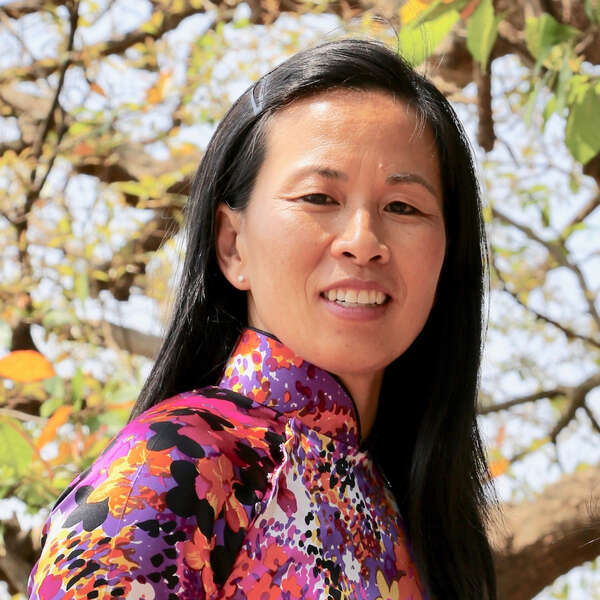Etikett: internationell adopterad
-
The Unaware Adoptee
Krishna shares what it feels like to find out about being adopted years later, the secrets and lies, the impacts. Late discovery intercountry adoptee.
-
“You can always tell a German, but you can’t tell ’em much!”
William Gage, shares about returning to live in Germany.
-
Att fira hemligheter och sorg
It’s early morning, I’ve only the birds for company for a few more hours. Until my favourite person wakes up. Across the world in the place I was born it’s already early afternoon on my birthday. Birthdays are a strange, strange day for adoptees. The days preceding it are pensive and sad for completely different…
-
Utdrag: Första brevet till min iranska far
Iranian adoptee shares her thoughts (excerpt) to her new found Iranian father.
-

Return to Birthland
Vietnamese adoptee Lynelle shares about her second return journey to homeland, a decade later and how things have changed.
-
Starting a Monthly Intercountry Adoptee Pen Pal Effort
Desiree discusses her goal of starting an adoptee pen-pal program to help adoptees connect and share.
-
Min DNA-historia
DNA Brief Hansen Short 2018 Click on the link above. You will then be asked to OPEN or SAVE the file. If you want to watch it – click OPEN. If you want to keep the file – click SAVE. This is a Microsoft PowerPoint slide show with audio inserted in most pages. Click onto…
-
Would Adoptees Adopt an Orphan?
Would Adoptees Adopt or Not? This is a compilation of responses from those with lived experience.
-
Parenthood Made Me Better
One of the most memorable moments, forever ingrained in my memory, is the birth of my son. I remember the anxious months waiting for my beautiful son, developing inside his mother’s womb – feeling his small frame kicking about and waiting to be born. I remember staring at the ultrasound pictures and wondering who he…
-
LIONHEART Review
Lynelle provides a recommendation and review of the book Lionheart – a terrific resource for any parent considering intercountry adoption written by adoptive parents.
-
Personal Message from Lynelle
Lynelle writes about her views on the UNCRC and The Hague Convention for Intercountry Adoption.
-
Search & Reunion Research in Intercountry Adoption
Pauline Senchyna’s research on Search & Reunion for Ireland’s aging intercountry adoptees.
-
ICAV-möte med förbundsminister
Lynelle met with Federal Minister Christian Porter, responsible at the time for the adoption portfolio in Australia.
-
When is adoption NOT in the best interests of the child?
Where are the rights of adoptees when they are legally “de-twinned” by their adoptive parents? How is this in the “best interests of the child”?
-
Complexities of Intercountry Adoption
—
av
i Abandonment and Rejection, Adoptees Educate, Adoption Education for Adoptive Parents, Adoption Education for Professionals, Australien, Complexities in Adoption, ICAV Beginnings, Importance of Connections to Origins, Is adoption the best option, Lifelong Impacts of Adoption, Not Knowing in Adoption, Ursprungssökning, Transracial Adoption, Trauma in Adoption, VietnamLynelle shares on intercountry adoption, together with her own experience and hearing from many fellow adoptees on a range of questions asked by a journalist.
-
Adopterad Ilska
Lynelle shares about adoptee anger, how it connects to abandonment feelings, grief, loss and sadness; the best response is to listen and validate our feelings
-
What is it like to be Adopted?
—
av
i Abandonment and Rejection, Abuse in Adoption, Adoptees Educate, Adoption Education for Adoptive Parents, Adoption Education for Professionals, Australien, Grief and Loss, Lifelong Impacts of Adoption, Not Knowing in Adoption, Ursprungssökning, Suicide, Therapy, Transracial Adoption, Trauma in Adoption, VietnamLynelle answers the question What is it like to be adopted? providing insight from her own journey, sharing some common elements many other adoptees speak of.